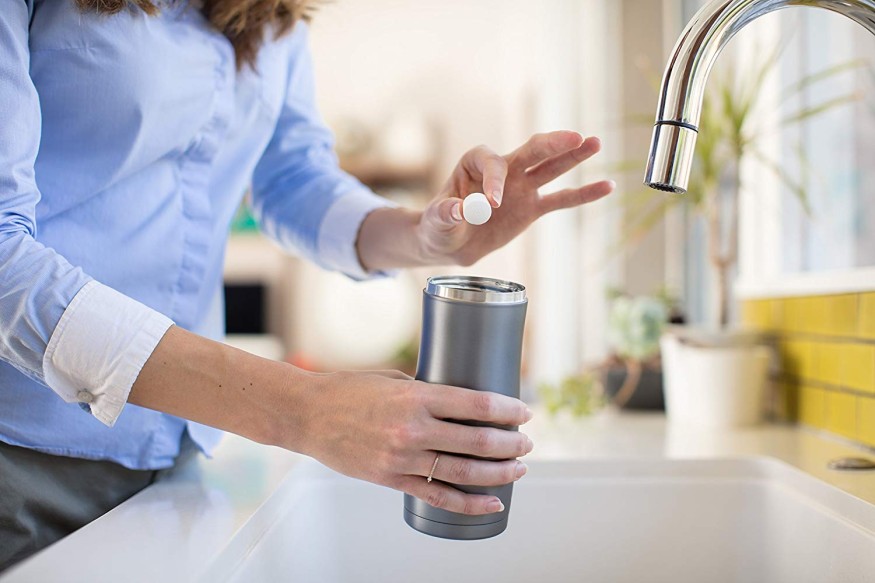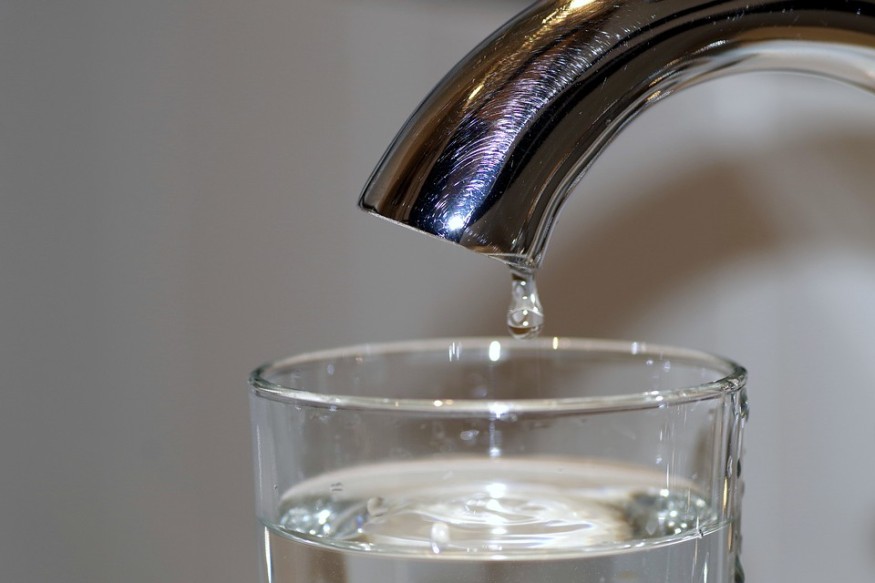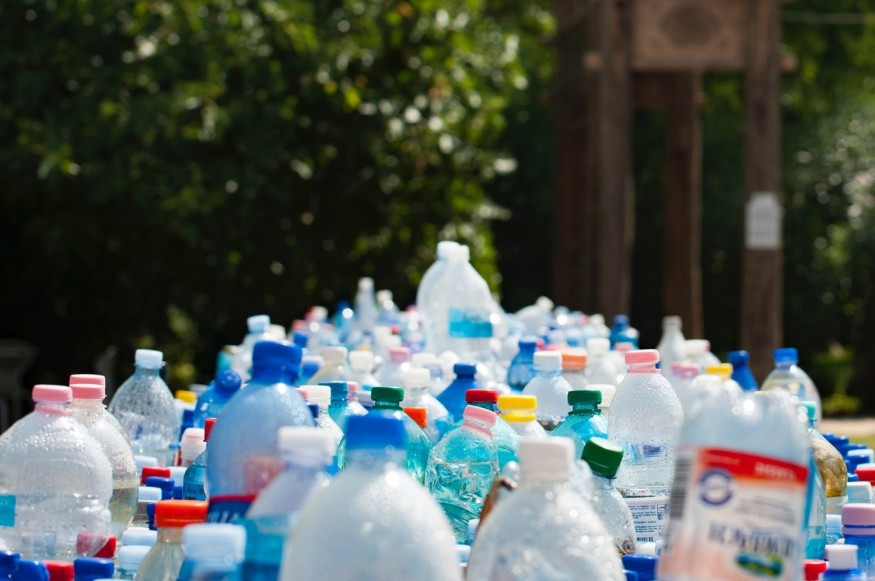
Globally, bottled water use has risen dramatically in recent years. According to prior studies, subjective variables such as risk perception, taste, odor, lack of faith in public tap water quality, and bottled water company marketing can all contribute to this tendency.
The goal of this new study, which was published in Science of the Total Environment, was to provide accurate statistics on different types of water consumption: bottled water, tap water, and filtered tap water. This research was carried out in cooperation with the Universitat Politècnica de CatalunyaTech's Group of Environmental Engineering and Microbiology (GEMMA) (UPC).
Assessing Environmental and Health Impacts

Because of the varied techniques used and the following conclusions, environmental and health consequences are generally examined independently. For example, life Cycle Assessment (LCA) is a process for estimating environmental impacts, whereas Health Impact Assessment is a method for assessing human health implications (HIA).
Our study attempted to overcome this methodological hurdle by integrating LCA and HIA in the same analysis for the first time.
Because tap water quality varies by city or country, the study team concentrated on Barcelona owing to the reliability of accessible data. The Life Cycle Assessment was carried out with the help of specialized software and a method known as ReCiPe, which allowed researchers to calculate the damage to ecosystems and resource availability, and indirect effects on human health caused by the bottled and tap water manufacturing process.
In addition, the Barcelona Public Health Agency provided data on water consumption patterns and chemical substances in the water supply for the Health Impact Assessment.
Related Article : 20 Companies are Responsible for 55% of the World's Total Plastic Waste, Report Shows
Fully Transitioning to Bottles

According to the findings, if the whole population of Barcelona was to switch to bottled water, the needed production would result in the extinction of 1.43 species per year and a cost of $83.9 million per year due to raw material extraction.
Compared to the scenario where the whole population switches to tap water, this has a 1,400-fold greater impact on ecosystems and a 3,500-fold higher cost of resource extraction.
"Since the implementation of sophisticated treatments in recent years, the quality of tap water in Barcelona has significantly improved. However, this significant improvement has not been matched by an increase in tap water consumption, suggesting that water consumption may be driven by subjective reasons other than quality." Cristina Villanueva, an ISGlobal researcher, and the study's primary author, agree.
Health Implications

"The presence of chemical substances in tap water is one of these subjective variables. While it is true that tap water may contain trihalomethanes (THM) derived from the disinfection process and that THMs have been linked to bladder cancer, our research shows that the health risk is low in Barcelona due to the high quality of the tap water, especially when compared to the overall effects of bottled water "Cristina Villanueva adds
In this regard, the findings indicate that a complete switch to tap water would result in a total loss of 309 years of life in Barcelona (which equals approximately on average 2 hours of lost life expectancy if borne equally by all residents of Barcelona). Adding home filtration to tap water would significantly minimize this danger, reducing the total number of years lost to 36.
Tap is Better
"Our findings suggest that tap water is a better alternative than bottled water when considering both environmental and health consequences because bottled water has a wider variety of effects," says Cathryn Tonne, ISGlobal researcher and study's last author. "Domestic filters can lower THMs levels significantly in some situations, in addition to enhancing the taste and odor of tap water."
For more environmental news, don't forget to follow Nature World News!
© 2025 NatureWorldNews.com All rights reserved. Do not reproduce without permission.





